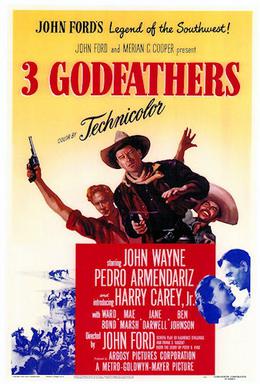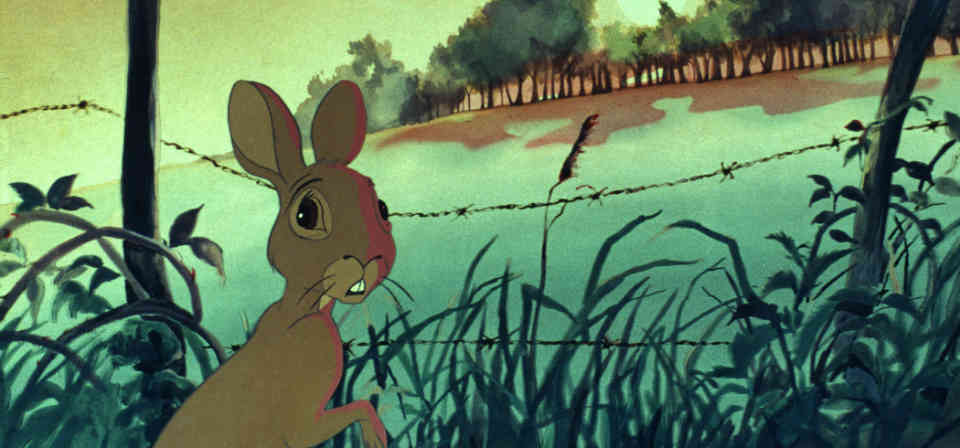
Attack! - 1956 WWll drama directed by Robert Aldrich and adapted from the play 'Fragile Fox' by Norman Brooks. It stars Jack Palance at his Jack Palanciest. He plays the intense and brooding platoon leader Lt. Joe Costa of Fox Company. Costa has major beef with his CO, Captain Erskine Cooney (Eddie Albert). Cooney is ill-suited to a wartime command and has cost the lives of numerous men in the company by freezing up at critical times. It's common knowledge within the company that Cooney owes his command to his longtime friend, battalion commander Lt. Colonel Clyde Bartlett (Lee Marvin). Bartlett has postwar political aspirations and Cooney's father is a powerful judge and runs the political machine back in their home state.
WARNING: spoilers below
Costa is at the end of his rope and after Cooney's latest failure decides to do something about it but holds off when the Company XO, LT. Harry Woodruff (William Smithers) assures him that the company is due to stand down. But a German offensive that signals the start of the Battle of the Bulge changes things and Fox company is ordered to take and hold the nearby Belgian town of La Nelle. Cooney decides on a needlessly risky plan to send in a solitary platoon to determine the number and strength of whatever German forces might be there. Costa extracts a promise from Cooney and assurances from Woodruff that they are to send in reinforcements and threatens to come back and kill Cooney if any more of his men die needlessly. As it turns out the town is heavily defended by SS troops with mortars and tanks and only five of Costa's men make it to a small farmhouse on the outskirts. Cooney again folds under pressure and refuses to send in any help leading the remaining survivors to try a hasty retreat through withering fire. Costa is also wounded and his fate is left undetermined as the Germans break through American lines and enter the town held by Fox Company.
With it's static staging and dialogue heavy scenes it's origins as a stage play are plain to see in the film's first act and for some reason it put me in mind of a Twilight Zone episode. But once the film branches out and the battle action heats up the true scope and implications are easier to grasp and allow you to be drawn in. This turned out to be a really effective almost noirish drama which, given Aldrich's talent shouldn't be too surprising. Brooks' play is decidedly anti-war, bleak and cynical with the brutality about as credible as the times allowed. After reading the script the Defense Department wanted nothing to do with it and refused access to any equipment or locations. The cast is first rate with WWII veterans Jack Palance, Eddie Albert and Lee Marvin lending an air of authenticity to the proceedings.









 Check out my podcast:
Check out my podcast: